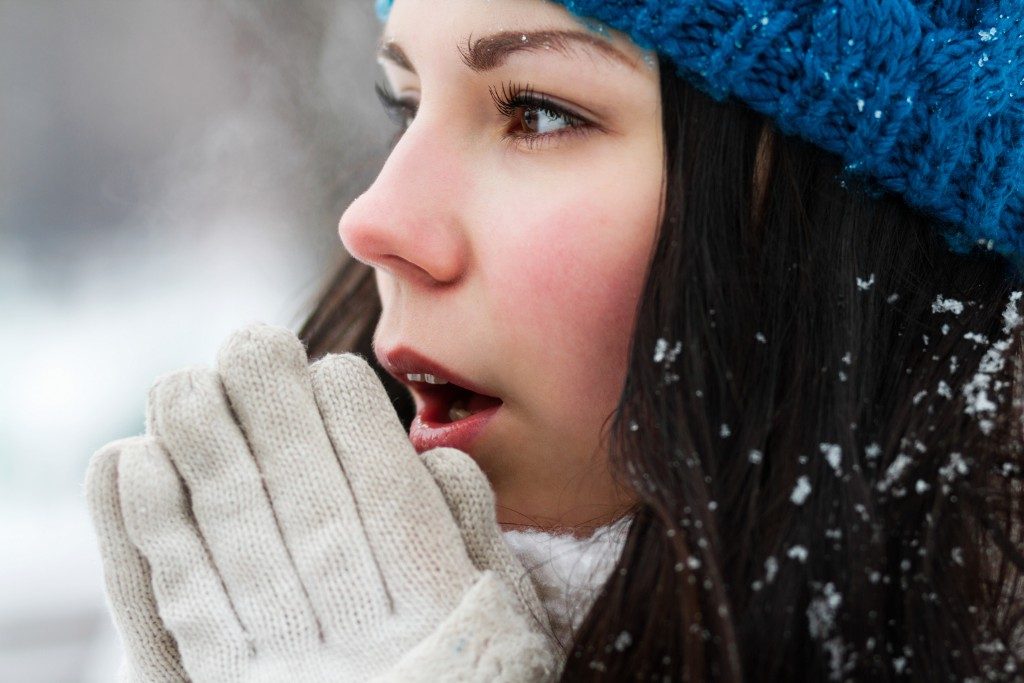Winter is just three months away, and Utahns are gearing up for the expected spike in particulates in the air. Even today, smoke from the California wildfires are getting trapped in Utah’s atmosphere, adding up to the pollution risks once temperatures drop.
Particulate Problems
The high levels of particulates in the air have been a severe health concern for many years. Exposure to particulates can have immediate effects such as irritation of the nasal and throat passages, eye irritation, coughing, shortness of breath, and increased phlegm. Long-term exposure to particulates is associated with both lung and heart problems. Particulates can get trapped in the lungs, blocking air sacs, or even getting absorbed and traveling to the bloodstream. The Environmental Protection Agency (EPA) warns that chronic exposure to high levels of particulates is linked to reduced lung function, irregular heartbeat, chronic bronchitis, aggravated asthma, increased risk of non-fatal heart attacks, and premature death in people with existing heart and lung problems. Children and seniors are especially vulnerable, together with people with heart problems, asthma, and chronic obstructive pulmonary diseases.
Pollution and Inversion
Utah experiences 5-6 day spikes in fine particulate matter during the cold winter months. The cold and Utah’s unique topography creates a phenomenon where fresh air is trapped beneath a layer of warm air. With very little wind, cold air accumulates close to the ground as the sun warms the air above. Pollution and particulates get trapped in this layer of cold and remain close to the ground. Vehicle emissions account for almost half of the trapped pollution and particulates, while homes and businesses produce another 30 percent. Particulates from the California wildfires have already entered Utah, further increasing the levels of particulates.
Solving the Problem

While there are no apparent solutions to the problem as the inversion is unavoidable, reducing emissions can reduce the levels of pollutants and particulates in the air. The state government has allocated more than $30 million into programs that address the pollution and particulate problems facing its residents. There are active buyback and incentive programs for wood to gas conversion for stoves and fireplaces. Residents can receive up to $3,800 in rebates if they switch to propane stoves and fireplaces or opt for newer wood-burning furnaces with more efficient combustion systems. With 50 percent of emissions caused by vehicles, residents are urged to use public transport, carpool, or use alternative modes of transportation. Take your car for a tune-up and install particulate filters if you drive a diesel-powered vehicle. Electric vehicles don’t make that much sense because more than 95 percent of Utah’s power production relies on burning fossil fuels. It’s better to opt for smaller and more fuel-efficient vehicles. Residential solar power systems can alleviate this reliance on a fossil-powered grid, and state and federal incentives have made them very affordable.
Winter inversions are unavoidable. Unless the local government and its residents find ways to eliminate or at least drastically reduce emissions, Utah will be facing particulate problems for decades to come.

